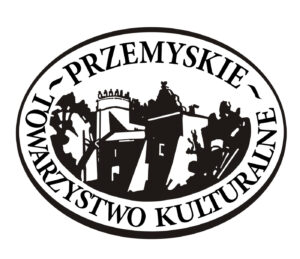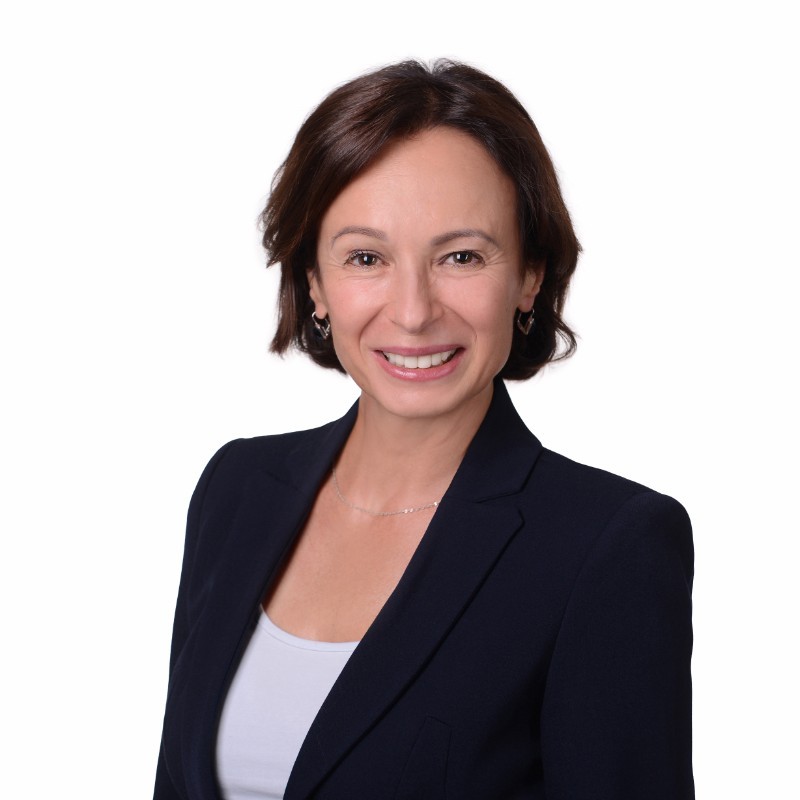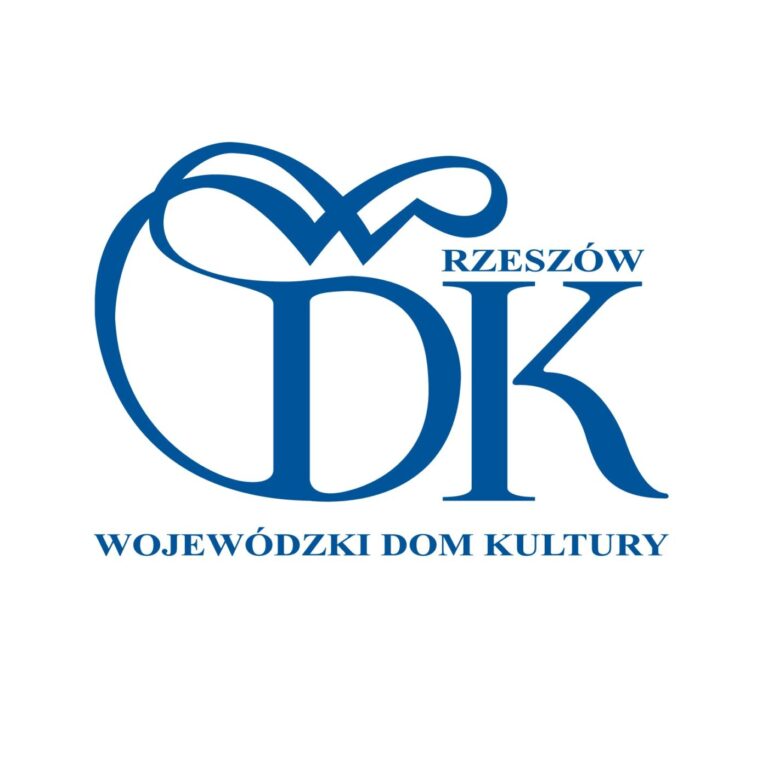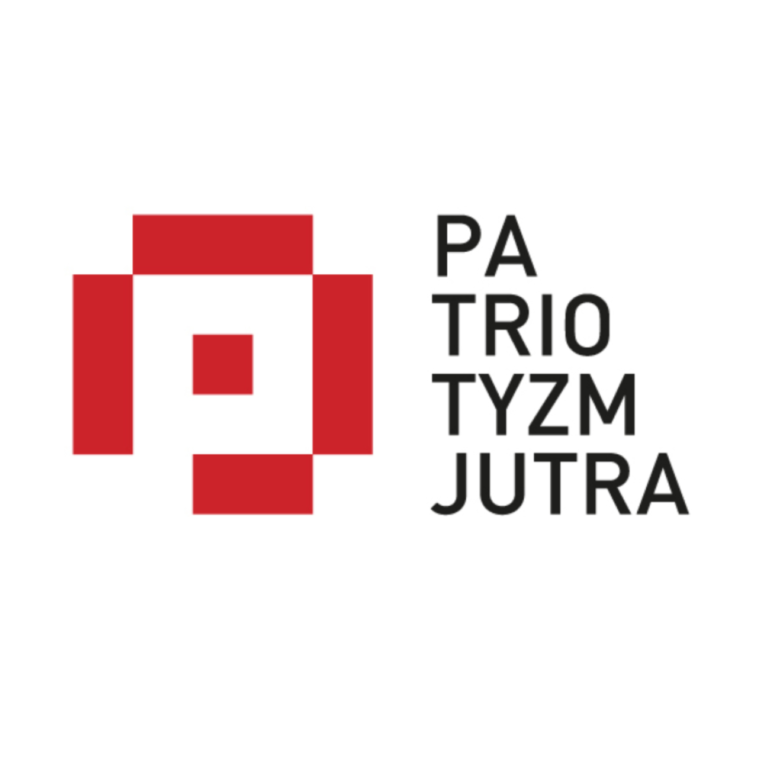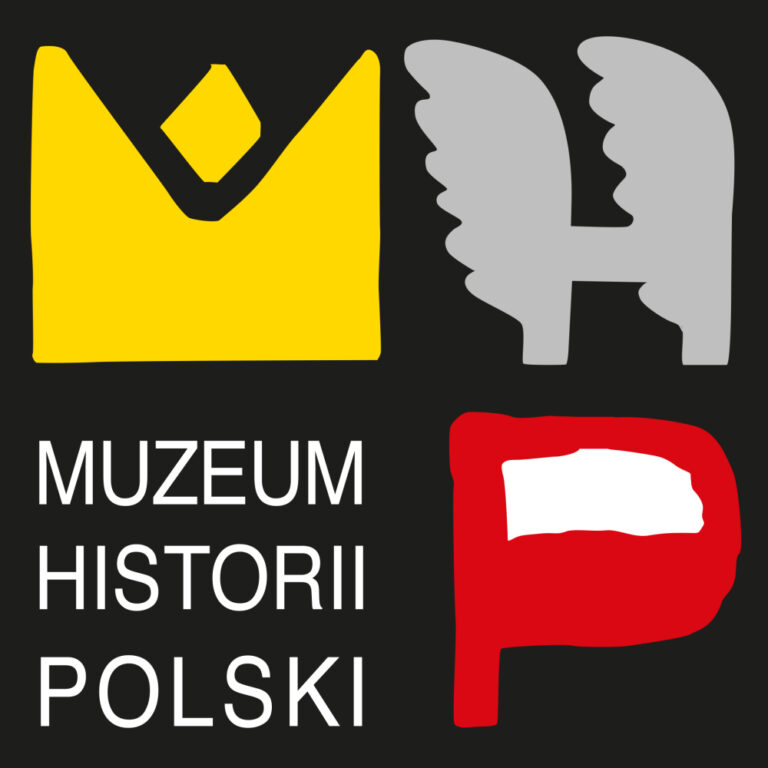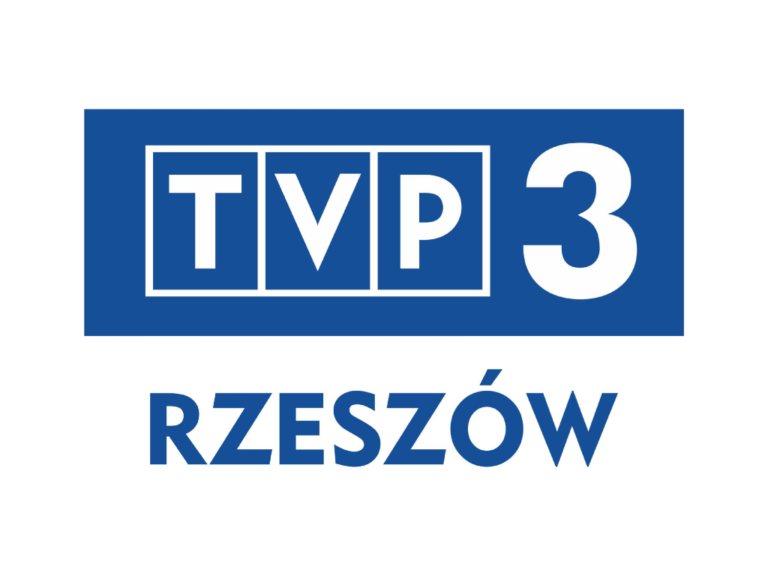I would like to talk to you about political, opposition and social activities. I know that you used to attend attic meetings. What did they look like and what was your participation in them?
My participation was very modest. I ended up there through Jan Jarosz and was immediately curious about them. Of course, the first thing was to meet Mark Kuchcinski, that is, their host. I don't remember which of these meetings was my first, but there were a lot of them in general and they were extremely interesting. They were something unprecedented on the map of Przemyśl. There was no such place, especially since there couldn't be one in the 1980s, because such meetings were forbidden by the communist authorities. I remember that the people who came to the loft were people of great caliber. The kind of people you don't see so commonly today - Renaissance People, who were great when it came to geopolitics, philosophy, literature or various fields of art. They were people from practically all over Europe, most from Great Britain, and of course from Poland and Central and Eastern Europe, not counting the Soviet Union. It was surprising, but it was astonishment mixed with delight, how Marek gathered these people and how it happened at all that someone like Roger Scruton came to Przemyśl or representatives of the art world. How it happened that these people were interested in a small center like Przemyśl. And the other thing was that Marek was able to encourage them to come here for a handful of people, after all, the loft housed 20, sometimes maybe 30 people. My activity was kind of supportive. I was more of a participant in the meetings than an organizer, but sometimes I helped with current affairs. However, the brains of the enterprise was, of course, Marek.
Have you attended many meetings?
For two years I think I participated in every one. I don't remember how many there were exactly, but I remember above all the great joy when they were organized. Everyone looked forward to them and couldn't wait. They were extremely interesting, thought-provoking and discussion-provoking. Now you rarely meet such, people are just structured differently. Back then there were books, there was radio, and practically no one watched TV. There were conversations. I remember very well that after each such cultural attic, after each such meeting with an interesting person, there were later still meetings in a smaller group over some good liquor, good wine. Conversations often lasted until morning. However, it was not a party in the sense we understand today. It was still an intellectual meeting accompanied by great humor.
Were the topics of the meetings planned, or did they happen spontaneously?
Spontaneously no, it was planned by Mark. He knew who would come and what the topic of the meeting would be. As I remember, it was said that for the next meeting this one and that one would come, that's the kind of person I'm trying to get to come, and rather we already found out on the spot what the topic would be.
What happened later, after the attic era, in the 1990s?
Then there was the Civic Committee. Communism had seemingly collapsed, and to a large extent we had gained independence, but various institutions still remained, including half-hearted elections and President Jaruzelski, elected by a contractual parliament. Citizens' Committees, which contributed to the fall of communism, also remained. These were places that promoted Solidarity candidates. Capital times. There were a lot of people in the Committees. In the Przemyśl one, I think there were several hundred people. Of course, not everyone got involved in the same way, but when there were Committee meetings, entire halls were filled. It would simply be difficult for you to get through, there were so many people. Almost everyone wanted to work, volunteering, of course.
And you were active in just such a Civic Committee?
Yes, I was on the Committee.
What task did you have?
Many weeks before the June 4 elections there was an election campaign, at that time I was in charge of organizing various things, for example, getting the flyers to us on time, or getting the posters to us on time, meetings with the media, the poster campaign, the flyer campaign - these were extremely important tasks. Without them, this campaign would not have existed. She media-wise did not exist, neither did the Internet, so it was a direct campaign. Meetings with candidates - it was this type of organization.
Which candidate did you support here, locally?
Jan Musial. I remember how with Andrzej Cieszynski, an artist, a painter, who, by the way, works here next door in a contemporary art gallery, or at least worked until recently, we used to go around and posterize the city with our own hands, because there was no team of hired people - everyone wanted to do it. I still remember that we used to cut out the heads on the posters, of course, of left-wing candidates, and in this place we pasted the head of our candidate, also the name. We laughed so much at this, we just burst out laughing.
Mr. Musial won the election at the time.
Of course it does.
As part of this Committee, you also brought a bill for the protection of children in the media?
Yes, it was much later, in the 2000s. These were the beginnings of Law and Justice. At that time, the only seat from the Przemysl-Krosno District was won precisely by Marek Kuchcinski, who was then deputy governor. When he was running this campaign, I was the one working in his office, and it actually coincided with the fact that, as the Legislative Initiative Committee, we brought a bill to the then Sejm on protecting children from harmful content in the media. At the time, it was very apt. I'm afraid it would not find understanding at the moment. At that time, the Internet was just developing, and it was apt then. The idea was that at a time when children can watch TV, there should be no violent and obscene content on TV.
Is the fact that today we have a yellow or red triangle in the left corner of the screen the result of this project?
I believe that they did. Certainly the result of this activity, even though this project was not finally passed by the Parliament, there were discussions at the time. We held and organized various conferences. As the Legislative Initiative Committee, we discussed, among other things, with distributors of computer games, and as a result of this discussion, there is the so-called PEGI system on the distributed games, probably also now, which is precisely the information icons.
What did meetings of such a Committee look like? How did the idea come about?
The genesis was simple. I was a young mother at the time. I had two sons who were a few years old, I was at home raising them, and I noticed that the cartoons broadcast for children already contained too much brutality. It wasn't necessary, well, and it moved me. I tried to get parliamentarians interested in this, summing up it turned out that there should be legal solutions, that is, a bill. A lot of people got involved, including my friend Ela Blonska-Grzesiak, by the way, she too can say a lot about the cultural attic. Her late husband, Zygmunt Grzesiak also supported this initiative, and a lot of people got involved. Among them, Mr. Speaker Kuchcinski. Krzysztof Zanussi gave his support to this committee and the late Jan Nowak-Jezioranski. These are big names. Mikolaj Górecki, a famous composer, so there were some of these names. And that's how it came about - from the usual observation of mom. Yes, we have.
Have you taken any other similar initiatives as well?
At such a high level, of course not. This was the only such initiative that went this far.
And how many signatures was that?
More than 130,000, and this was the first citizen initiative of its kind to bring a bill to the Diet. Then, in the following years, there were others that had already collected a great many signatures. But we were the ones who blazed the trail. People simply saw that there was such an initiative and it was possible to put that signature.
Then, too, did you read the draft of this law in the Sejm?
Yes. There is such a procedure that the Committee's plenipotentiary, and I was one, or another person, but designated by this plenipotentiary, has the opportunity to present and justify this project.
How do you recall it? How did it feel to perform in front of the Diet?
It seemed to me that I would have more stage fright, but one has stage fright before entering, and then it suddenly disappears and one concentrates on the speech. Since I was a deep believer in this initiative, it went naturally. Otherwise I probably would have just read or mouthed some words. On the other hand, I was convinced and spoke from the heart.
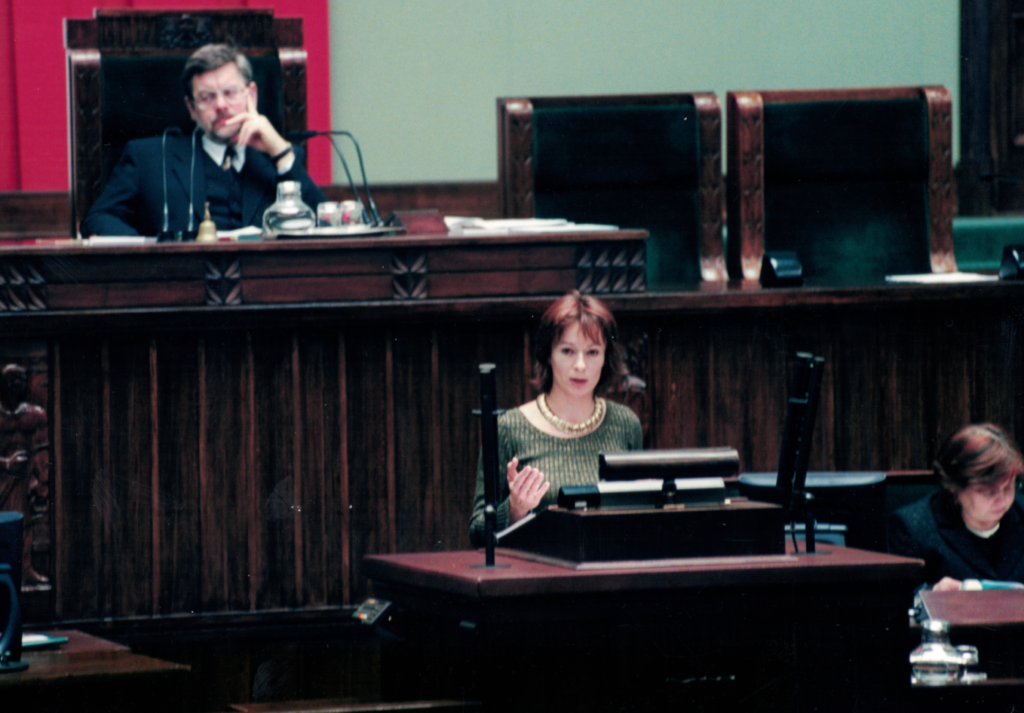
You were the director of Marek Kuchcinski's parliamentary office for a very long time. How do you recall those times?
I primarily remember as years of extremely hard, demanding work. As an extremely valuable time. My work has, in some sense, influenced the change of Poland. In general, the work of every person who either works in deputies' offices or somewhere in institutions or in parliament necessarily influences politics, changes the functioning of institutions or simply power. I remember these years in exactly this way - as an extremely demanding job. Anyway, Marek Kuchcinski is a person who is very involved in all projects. He is extremely responsible for Poland and therefore his work is subordinated to this. He is not a parliamentarian who comes to the office occasionally and is mainly interested in other activities and does what he has to do. It was a completely different model of work, functioning and commitment. I remember an unusually large number of people I met here: various, very interesting, representing different fields, different specializations; it was environmental protection, international cooperation. Later, when he was Speaker or before that - Deputy Speaker, every field was covered by the interest of the office, of course, within the framework of the mandate of the MP, not within the framework of the activities of the Speaker, because this was dealt with by people in parliament. I remember, of course, the election campaigns. Just as daily work was very demanding work, so election campaigns were exponentially harder work, because nothing could be put off until later. An election campaign has its own dynamics, its own stages, and you have to go through all these stages on schedule. You can't let anything go and these few months of election campaigns, and there have been many here, have been a time of tremendous effort. Effort that in turn allowed me to exceed my capabilities, which is then extremely useful in life. You know that you're just going to make it, that somewhere this potential in a person is there. It's not that you can't do certain things, because you can.
You gained a lot of experience in the MP's office, and later you were deputy governor of Podkarpackie. Can you say something about that job?
It can be said that I also jumped to an extremely demanding job. Such an interesting reflection: as we watch politicians somewhere, on TV or the Internet, read some information, we have the conviction that this is a bit of unnecessary work. There is such a stereotype in Poland that politicians are generally just the kind of people who don't want to work, who we don't trust and who don't work hard. On the other hand, I, being a deputy governor, that is, not at some high level, because it is a high level in a province, but in the government it is multiplied, I found out that practically an hour, maybe two or three a day, which one devotes to sleep, were the hours at one's disposal. Everything was subordinated to duties, Saturday, Sunday, evening, morning, you had to be involved, available, present at celebrations, in the office. And so it was throughout this two-year period. You get to know the Subcarpathian region, the province in general, very well then. One travels a great deal, one gets to know an extraordinary number of problems. Of course, in each district, often in many municipalities, you get to know local government officials, important people who work in a given municipality for its benefit. You get to know the problems of the province that you don't hear about, being in another position, for example, when I was in Przemyśl, in the council, because it's a different scale. This broadens your horizons tremendously and increases your awareness of where and what the problems are. Where a particular municipality is thriving, and which should be helped.
I went straight to the stage of governor, and you still sat on the city council for 12 years.
I don't remember if it was exactly 12 or less. But I think it was more or less.
How do you assess the changes in the city based on that time?
Przemyśl lacks and has lacked a leader who would have a vision. A vision for the development of the city and actually implemented it effectively. This is a problem for this city and this is my first thought after these years in local government. The council has a different role and will not break through the presidential authority. It doesn't have the ability to do so. It supports, of course, it gives opinions, it passes resolutions, but it is not the executive authority. I certainly remember the fact that there was a lack of such a real consensus around the issues that are really important for Przemyśl. I mean the attitude of the opposition, the Civic Platform. It was not supportive, it was always antagonistic, and rarely did these councilors support really developmental projects for the city. Well, and it was also a very engaging job. A councilman, if he wants to be active, of course, writes interpellations, inquiries, you need to prepare well for this, meetings with residents, afternoon duty. You should be everywhere if you want to fulfill this mandate well, meaningfully. You can't close yourself off. You have to meet with people, be at celebrations, represent the city. In this respect, it was just hard work, but rewarding. I remember how there were temptations to put a gambling parlor on Krasinskiego Street, opposite the Holy Trinity Church, where a pizzeria now stands. Well, and the councilors of Law and Justice blocked it. That was around the first decade of the 2000s. We also supported the Malhowice crossing. Of course, it's the initiative of parliamentarians, because it's a more serious matter. Speaker Kuchcinski initiated it, but we made resolutions for it to be built. The Eastern European University, support for this school, funds, the bypass of the city of Przemyśl - this was also the initiative of Law and Justice deputies. The government provided money for this, but it was consummated by, unfortunately, the then head of government, Donald Tusk, who was here in person at the opening of the bypass. On the other hand, the story of this was completely different. Well, and that the Customs and Fiscal Chamber, which was supposed to be in Rzeszow, should stay in Przemyśl. I would have to recall more....
You have recalled a lot of important things. To conclude: As you were meeting in the attic, did the thought come to you that you would meet in 30 years and each person in turn would be able to boast of many achievements?
We definitely didn't. We probably didn't have that kind of imagination at all. We were not so forward-looking as to think of ourselves as people who would later follow in the footsteps of our idols from history and simply take power into their own hands. We certainly didn't. On the other hand, there was talk, in the attic, of course, of preparing elites who would convey their views - so that people who are just watching TV would not build their lives and their concept of the world on the basis of snapshots, so that they would use their intelligence, not waste it. But we certainly didn't think of ourselves in such terms, that someday we would be people who would assume important functions. This only began to appear, when communism collapsed, at least in part, when the possibility of running for the contractual parliament appeared, then, of course, there were candidates, just from the Solidarity side. In our case, Jan Musial. And the change really began. In the wake of these elections, people left, former governors and new institutions were created and indeed local governments, to which representatives were elected in free elections. And so it began. That was the idea: we wanted to work for a right-wing Poland, because it wasn't that in the Civic Committee all the people were of right-wing views. There were a great many people who later went to the Democratic Union, the Freedom Union, that is, as if that fire from which the Civic Platform later grew, unfortunately. From that cold fire I would say, so there were people there whose views later formed in different directions. We thought we just wanted to work for Poland. As it would sound, that was our motivation. For a free Poland, of course.
Thank you very much.
Thank you.
Interviewed by Piotr Pilch
